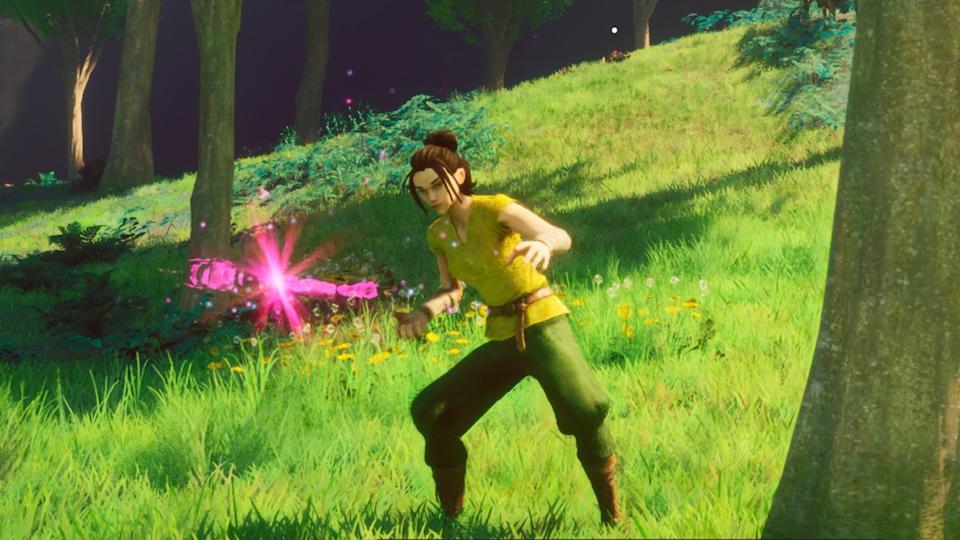It finally seems that people are waking up to the reality of unsustainably massive video game budgets, but it’s sadly a decade too late.
In a new article in The New York Times, Rami Ismail explains how and why the focus on high-end graphics created an unsustainable budgetary arms race that has ravaged the games industry.
He’s entirely correct, but this is something I’ve been consistently writing about since 2015.
The widespread and ongoing layoffs in gaming are also due to this runaway budget problem, but what is happening now was already set in motion a decade ago.
Modern games have a 7-8 year production cycle, with many taking even longer than that. Thus, the decisions and investments made to make the games we see today were made nearly a decade ago.
This is an issue because as gaming hardware improves in graphical potency, the requirements to fulfill that increase logarithmically. Forbes also has an excellent breakdown of this problem, courtesy of ex-Valve developer Stephen Theodore.
So, the layoffs we are now seeing are a means for publishers to pay back the money layer, who are understandably livid that they didn’t earn back on their prior investments.
Admittedly, laying off development staff to pay investors that fund publishing is a bit like cutting off your legs while trying to escape from a rampaging lion, but most of the people in publishing management are rather dim-witted.
What’s maddening about all of this is that this situation was entirely avoidable. There was never any need to spend crazy sums of money on game development; it was a choice people in publishing made to try to scale what is, in actuality, a hit-based business.
This is also mainly why the Silicon Valley money layer are still somewhat baffled and bewildered by gaming. They are used to funding tech startups that scale to infinity and hopefully beyond. Gaming simply uses tech to facilitate a creative and cultural output, which is very much hit or miss in a business sense.
That aside, the future of gaming is now in a precarious place. The mass layoffs have resulted in the loss of a great deal of institutional expertise and knowledge. While this loss won’t be immediately noticeable, it will definitely cause issues in the next few years.
Admittedly, if the money layer wises up and starts funding developers directly and having them self-publish, that could bring back many of the skilled people who have recently been lost. Not to mention cutting out the deadweight middlemen in publishing. However, I am not overly optimistic about that, as the money layer funded this big budget nonsense in the first place.
Ideally, we need the mid-tier games back that fuelled the success of the PlayStation 2. This is something the Switch has begun to facilitate, but this really needs to be an industry-wide change.
For now, I suppose I should take solace in the fact that the warnings I’ve been giving over the last decade are finally beginning to sink in. It’s just a huge shame it took this long for people to catch up.
Author: Ollie Barder


